Jetting off on holiday might seem like all fun and games, but if you are a regular flyer, this poses many risks to your health.
Some of these health issues are quite simple, such as viral issues like coughs and colds. However, they can also be more serious health issues, such as blood clots and even cancer.
Infrequent Flyers Need Not Worry
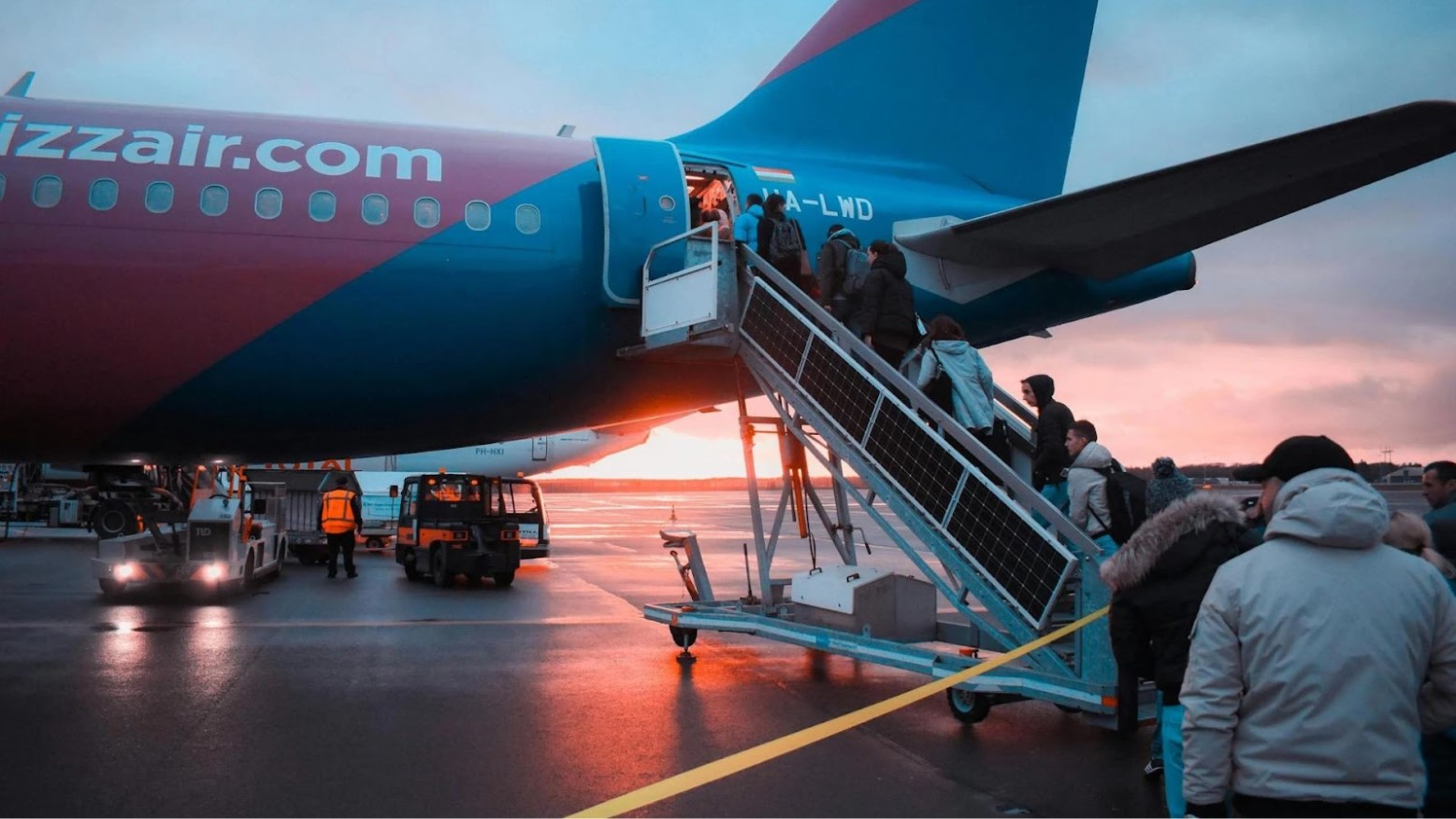
According to Vox, people who don’t travel by air very often shouldn’t need to worry about any major health effects.
The worst thing you are likely to experience if you are an infrequent flyer is a cold or jet lag, so try not to panic too much if you are only jetting off once or twice a year.
Viral Infections Are the Most Common Risks

Anyone who goes on a flight, whether you only go away once a year or are a frequent traveler, is always opening up the risk of getting a viral infection, according to Emburse.
This was a further risk during the SARS and COVID-19 outbreaks, as people from different countries came into contact, enabling the diseases to spread. Aside from this, while getting a cold when on holiday is a bit of an inconvenience, it’s not the most serious thing that could happen.
Frequent Flyers Are at Risk of Hearing Loss
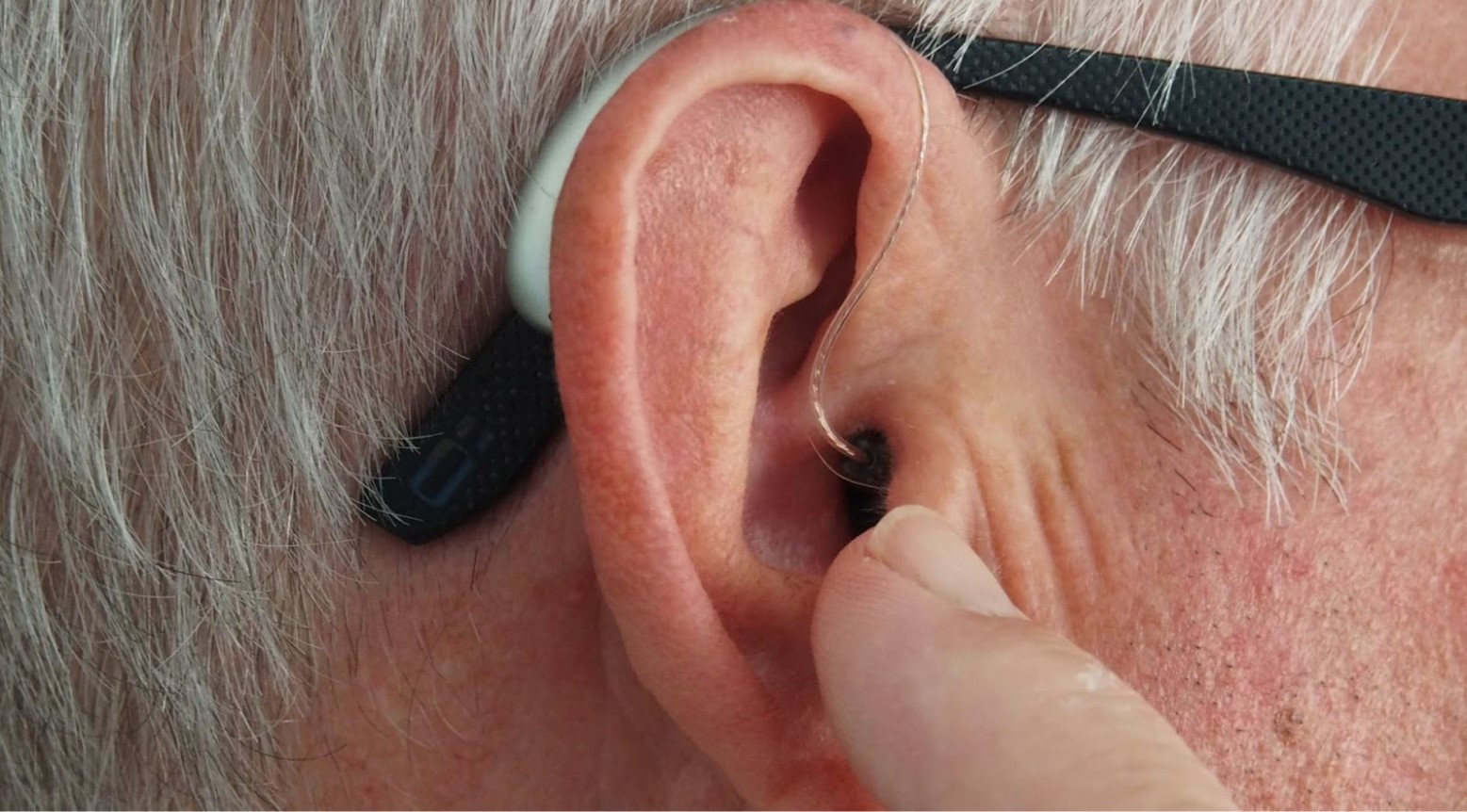
People who are exposed to loud noises constantly are at risk of developing hearing loss over time.
In-flight noise ranges from 75 decibels to 85 decibels, and this level of noise on a flight lasting four or more hours, especially if taken frequently, can affect how well you can hear. You may find you have issues with this as time progresses.
Jet Lag Isn’t as Simple as You May Have Hoped

Whenever anyone is going on a long-haul flight, you can expect to experience jet lag in the first few days of your holiday and when you return home.
The Lancet conducted a study in 2007 and found that those who frequently travel long distances and suffer from jet lag were at risk of having cognitive decline, mood disorders, and heart disease.
Blood Clots Are a Danger for Frequent Flyers

If you are used to traveling long-haul flights, you might want to rethink this as can increase your likelihood of developing blood clots fourfold, according to the Centers for Disease Control and Prevention.
However, the likelihood of developing blood clots from a long-haul flight is also combined with preexisting factors, such as genetics and lifestyle, so long-haul flights aren’t necessarily the direct cause of blood clots.
Frequent Flyers Are Exposed to Radiation

One part of flying that many may not have realized is that when you’re flying, you are exposing yourself to radiation.
While this exposure is nothing to worry about if you only fly on the odd occasion, if you are flying at least two cross-country flights a month, you might want to rethink how often you travel by air.
The Dangers of Frequent Exposure to Radiation

If you are an infrequent flyer from Los Angeles to New York, you are exposing yourself to 40 microsieverts per dose. In comparison, flying the same distance frequently exposes you to 480 microsieverts per dose.
For context, 400,000 microsieverts per dose causes symptoms of radiation poisoning if you are exposed to this amount over a short period, and 10,000,000 microsieverts per dose can be fatal within two weeks.
Exposure to Fatal Levels of Radiation Is Unlikely

The thought of being exposed to fatal levels of radiation might be worrying, but it is highly unlikely that anyone, including frequent flyers, will be exposed to this much.
The most frequent flyers will be aircrew, and their annual exposure to radiation if traveling the distance from Los Angeles to New York frequently is 9000 microsieverts per dose, while smoking 1.5 packets of cigarettes per day would expose them to four times this amount of radiation.
Aircrews Are Considered Radiation Workers
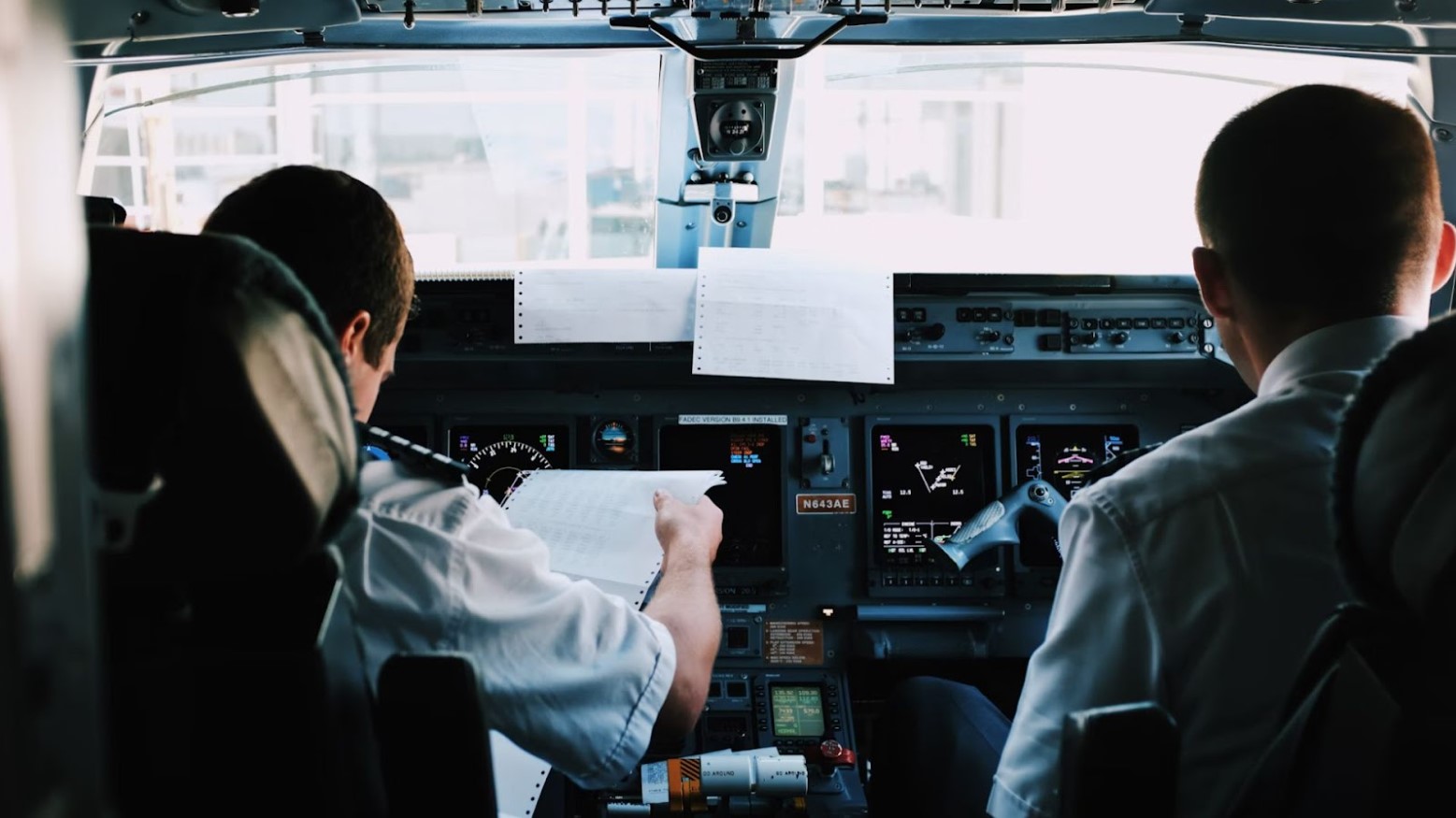
Due to the levels of radiation they are regularly exposed to, aircrew are considered as radiation workers.
The International Commission on Radiological Protection considers aircrew as radiation workers, however, The National Institute for Occupational Safety and Health has said that those working as aircrew in the U.S. aren’t considered as such.
Cosmic Ionizing Radiation Causes Cancer
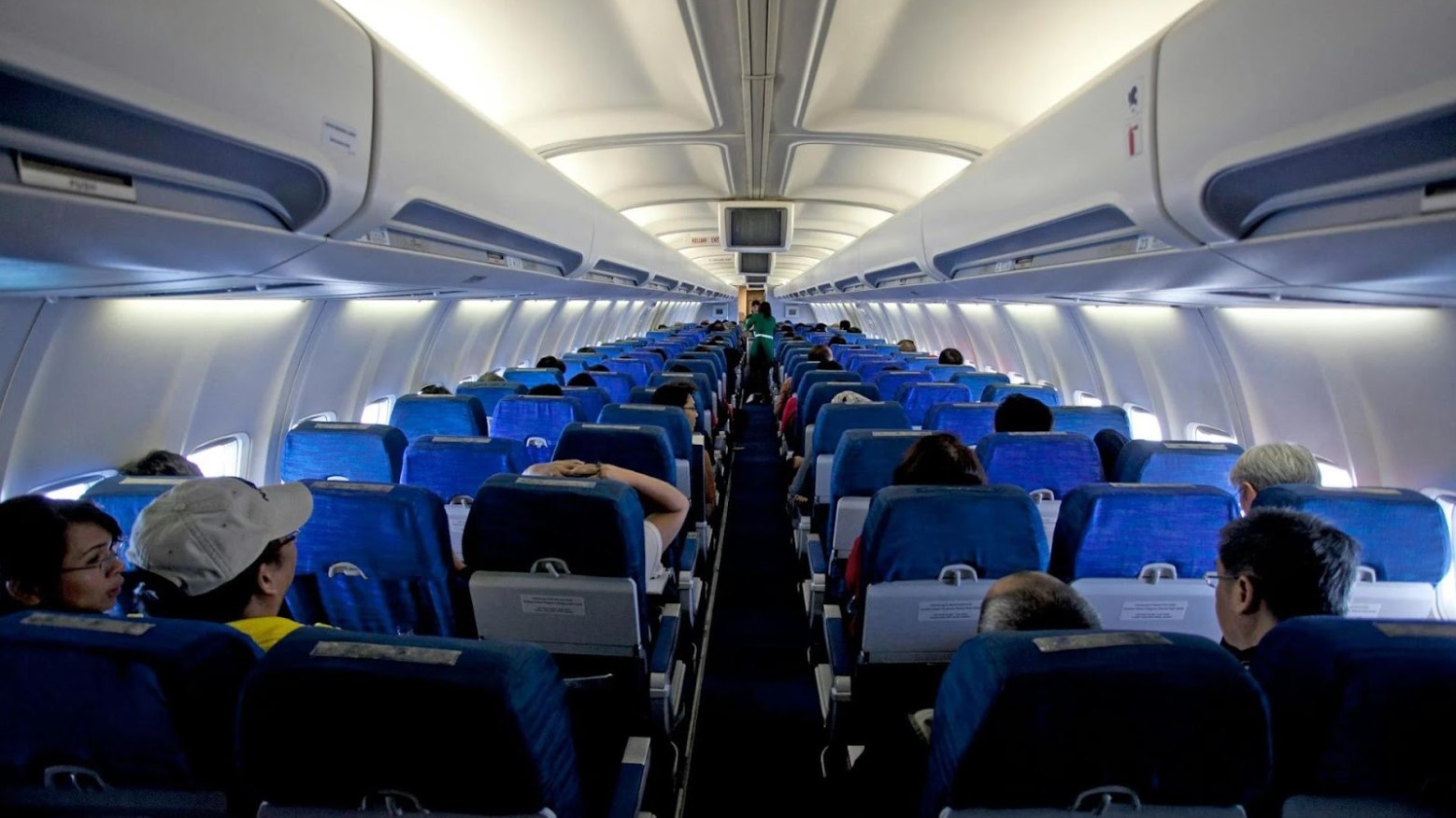
Cosmic ionizing radiation isn’t a danger when on the ground, as the atmosphere around Earth protects humans from being exposed to large quantities of it.
It is believed that cosmic ionizing radiation is likely one of the factors behind cancer and reproductive issues, although this isn’t guaranteed that a frequent flyer with either of these health issues will have them due to the radiation.
Melanoma Is a Risk Factor

What might come as a surprise is that one study published in JAMA Network found that pilots are more likely to be diagnosed with melanoma due to rising UV levels.
However, as many pilots will fly to hot destinations with high UV levels, there’s a chance the melanoma was caused by being in the hot country as opposed to flying the plane, but this isn’t a guarantee.
Aircrew Can Try to Reduce Their Exposure to Cosmic Ionizing Radiation
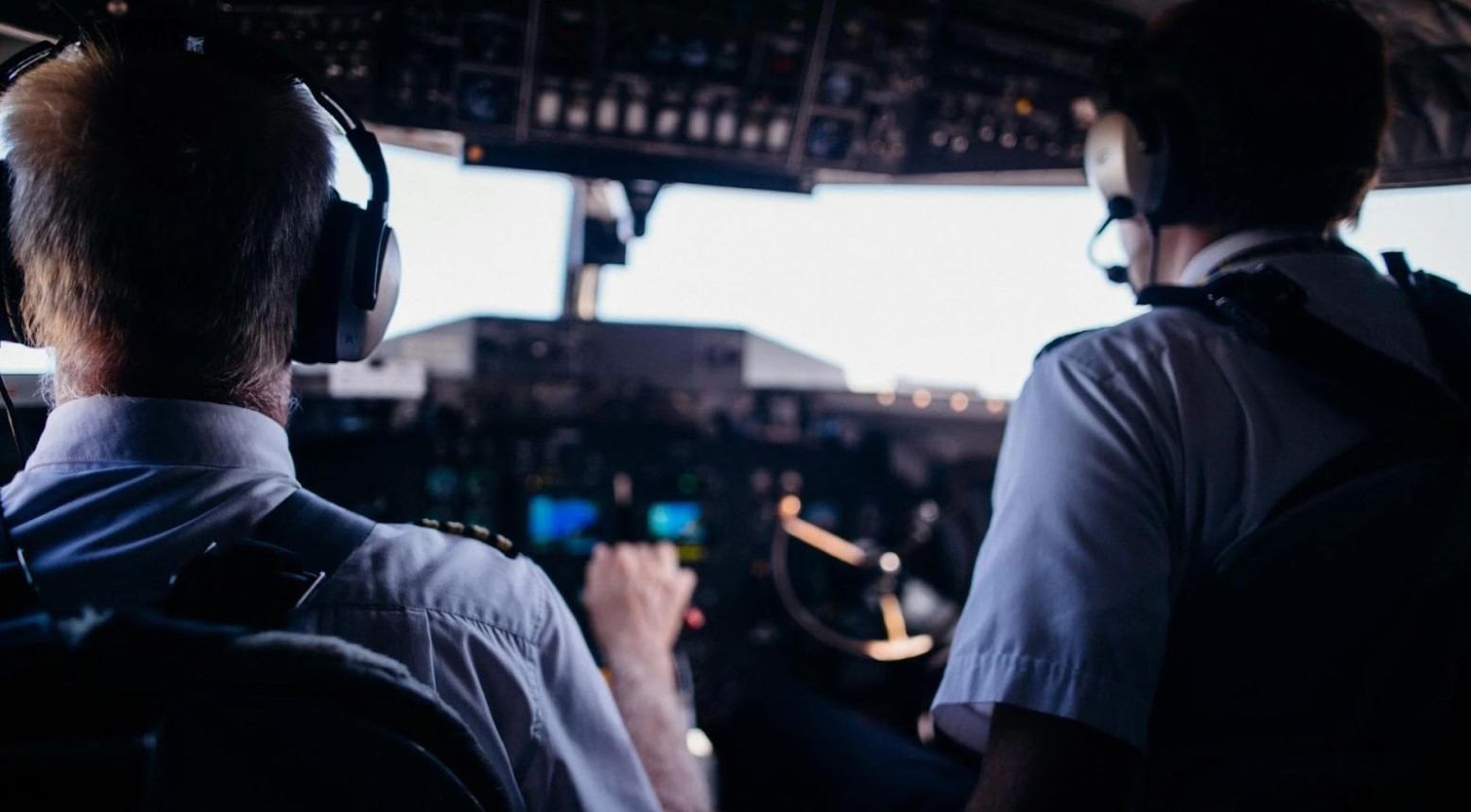
It is always a worry when told your job exposes you to some form of radiation, but there are ways for aircrew to try to limit the amount of cosmic ionizing radiation they are exposed to.
In general, try to reduce the number of flights you do that are long haul, involve flying at high altitudes, or any flights that fly over the North or South Poles.








































